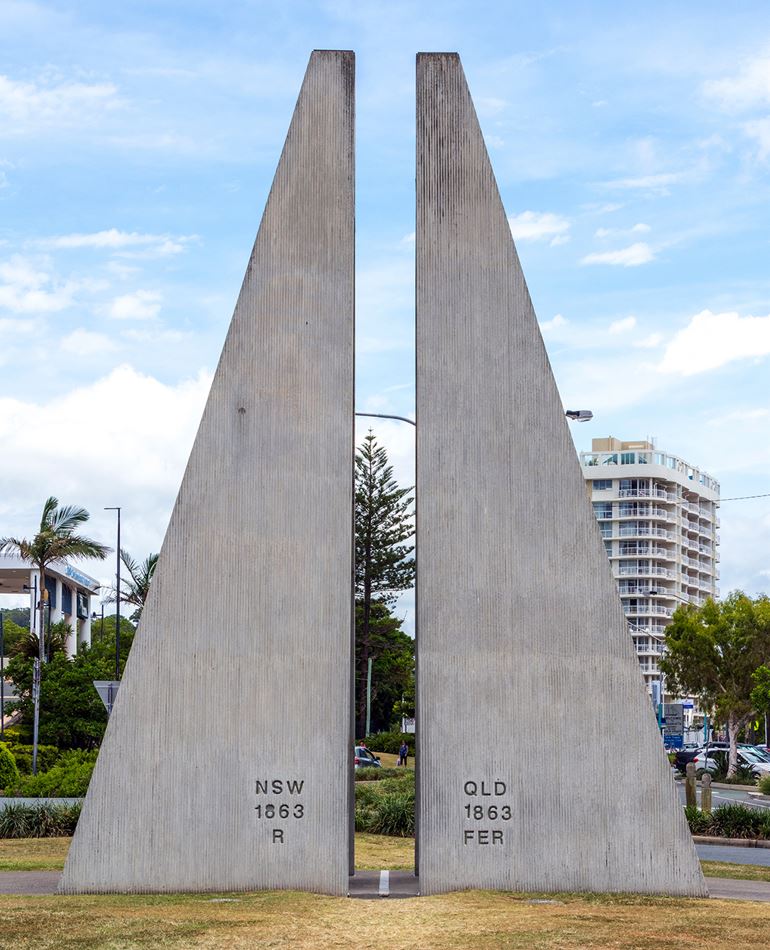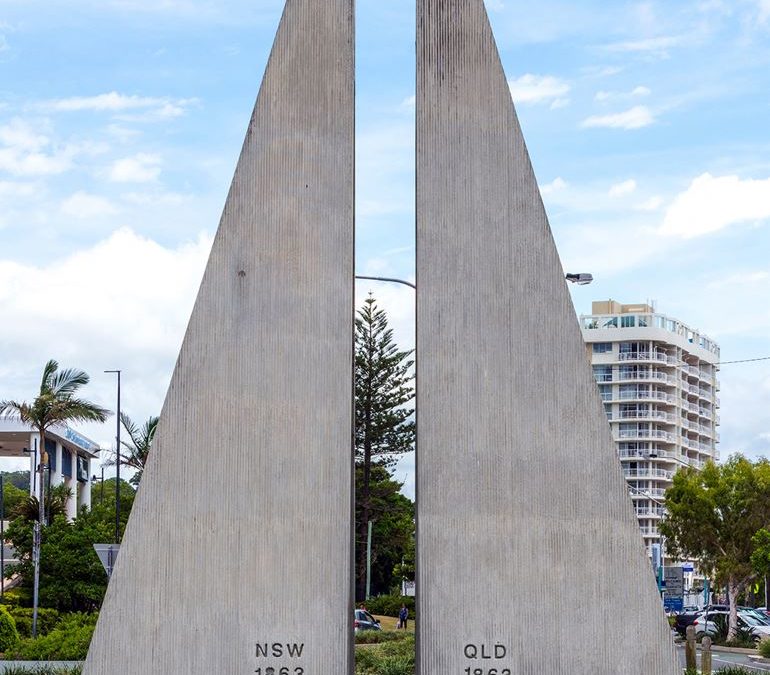When the school holidays roll around, it’s a great time to jump in the car and get out of town. Many of us in Australia like to travel to other states.
But sometimes things go wrong and you might end up in a car accident while you’re travelling. What is the process for making a claim for an interstate car accident?
Here are the answers you need to be fully prepared before you head off on your road trip.

Getting injured in a car accident interstate
If you are injured in a car accident in your home state of Queensland or New South Wales, you would make a claim for compensation from the at-fault driver’s compulsory third party (CTP) insurer. This applies whether you’re a driver, passenger or pedestrian, and includes motorcycles and cyclists.
However, if you are injured in a car accident while interstate, you’re still protected and you can still make a claim. Wherever the accident occurs, the law of that state applies.
Every Australian state has a relevant body where you can make a claim:
- New South Wales: CTP insurer of the at-fault vehicle
- ACT: CTP insurer of the at-fault vehicle
- South Australia: Motor Accident Commission via Allianz Australia Limited
- Victoria: Transport Accident Commission
- Northern Territory: Territory Insurance Office
- Tasmania: Motor Accidents Insurance Board
- Western Australia: Insurance Commission of Western Australia.

Note: If you are travelling as part of your job when you are injured, you should still be covered by workers compensation insurance. The State to which your Workers’ Compensation claim will be made depends on a number of factors including, but not limited to, the state where you are principally employed, the state in which you were injured, the future intention for employment and your usual roster. It can be a complicated question as to where a Workers’ Compensation claim should be made and, if you are in doubt, please contact us to discuss.
Which state to make your car accident claim in
As you are making a claim against an insurer (not the driver personally), you need to make the claim against the interstate insurer. If the at-fault vehicle is registered in another state or territory altogether, you need to contact the relevant interstate authority for information on how to lodge your claim.
Every state has different laws and processes around compensation, which you need to consider when making an interstate claim. It can be complex, so we recommend getting legal assistance before lodging your claim to make sure you get what you’re entitled to.
Do you need an interstate lawyer?
No, making a claim against an interstate insurer doesn’t mean you have to use an interstate lawyer. For example, at Main Lawyers, our motor vehicle accident lawyers are very experienced with these interstate matters. So we can still help you determine whether you have a case, how to make your claim and then negotiate on your behalf.
Just be aware that it could take several months to reach a settlement, depending on your injuries or the complexity of your case.

How Main Lawyers can help
Strict time limits apply to car accident claims, so you should start the process as soon as you’re able. You can contact us for a no-obligation discussion about the accident and your injuries, and how much you may be eligible for.
If you wish to claim damage to your vehicle as well as your injuries, we can advise on ways we might recover the cost of vehicle damage as well (as CTP will cover your personal injury only).
No matter where you travel, you’re not alone if the worst happens. Our expert team can help with making a claim for an interstate car accident. Contact us today to see how we can help.


